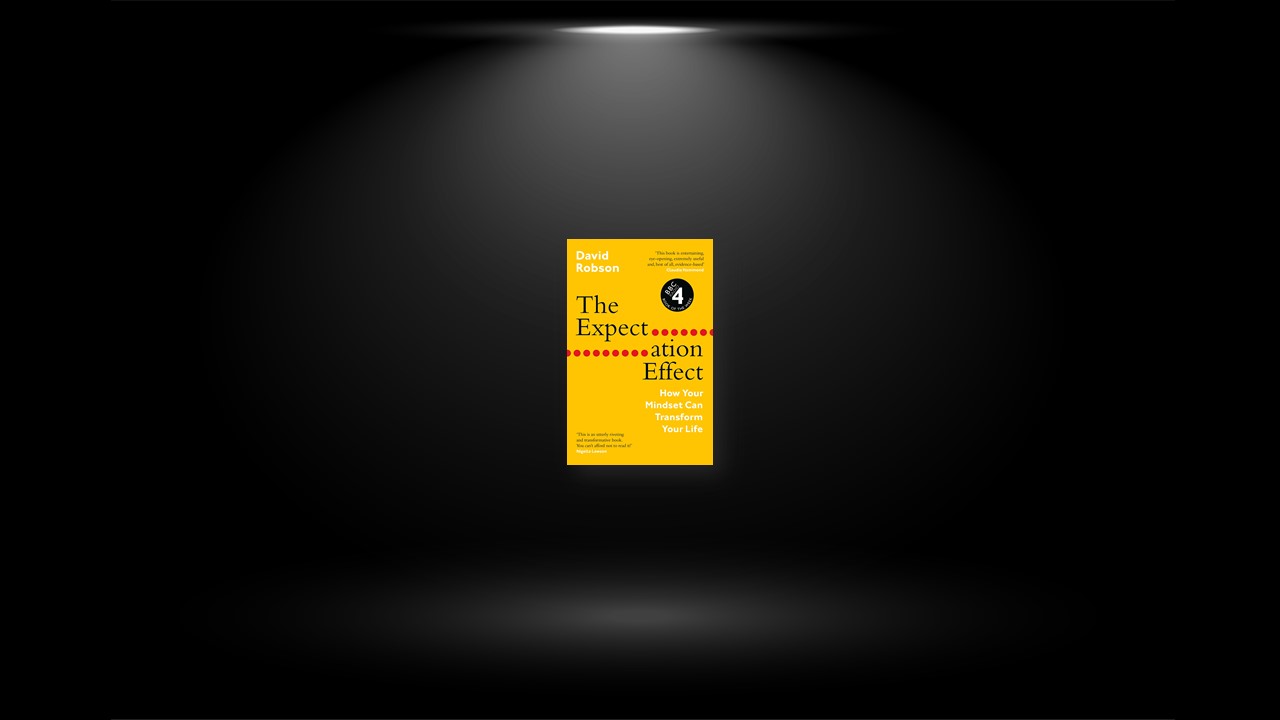The prediction machine
Question your own objectivity as an eyewitness. The brain’s simulations of the world around you are often right, but sometimes they are wrong – and the humble knowledge of this fact could help you to recognise illusions when they occur.
If you have a phobia, remember that your brain may exaggerate the threat – so it seems physically bigger and scarier than it really is. Exposure therapy may help you to shrink this perceptual bias. If you have anxiety, consider downloading an app – such as Personal Zen – that aims to reconfigure your attention with regard to threats in your environment.
Whenever you are having a bad day, try to consider the ways your mood, and the resulting expectations, could have biased your view of events. Some situations are unquestionably bad, while other events are more susceptible to expectation effects. Learning to separate the two could prevent you from descending into overly negative thinking.
Boost your enjoyment of sensory experiences such as meals with the power of language. The way we label foods affects their taste, so think of, or look for, sumptuous descriptions of the dishes that you are serving to yourself and your guests.
Do no harm
When you are warned about the potential side effects of drugs, try to find out whether the same symptoms were also observed in the placebo group in the drug trial. (Your doctor may be able to provide that information, or you can often find such statistics on government websites such as www.CDC.gov.) If so, there’s a good chance the side effects may be the result of a nocebo response.
Look more critically at the data representing the risks of side effects and practise reframing. If you are told there is a 10 per cent chance of developing a side effect, for example, try to focus on the fact that 90 per cent of patients will remain free of that symptom. If you do experience a side effect, try to ask whether it might be a sign of the drug’s healing action. Doing so will not only neutralise your anxiety, but may also actually improve the benefits of the treatment.
When you find yourself falling into catastrophic thinking, ask whether there is a good factual basis for your thoughts; if not, look for a way to reinterpret the situation more positively.
Remember your understanding of the nocebo response and reinforce that knowledge whenever you can. Some studies have found that it helps to write a letter to yourself describing what you know; others suggest that you could create a social media post sharing your thoughts.
Faster, stronger, fitter
Before you exercise, think carefully about your aims for the session. How do you hope to feel at the end? And what are your performance goals? You might hope to set a new personal best or you might be looking for a quick mood boost – either way, you’ll increase your motivation and help to calibrate the prediction machine for the oncoming activity if you define what you want from the activity before you start.
Embrace any of the mental crutches that help you to feel good about exercise. Certain foods, drinks, clothes or songs will lead you to feel energised. As with the ‘open-label placebos’, you can know that the advantages come from belief and still benefit – so use any aids that offer the best personal associations.
Question your assumptions about your innate disposition towards sport and exercise. Remember that your expectations can be more important than known genetic factors in determining your physiological response to a workout. Reframe feelings of exertion and effort. Moderate aches and pains, and sensations of fatigue, are proof that you are strengthening your body, and remembering this fact can make the whole workout feel more enjoyable and less exhausting.
Recognise the physical activity you perform outside your regular workouts – during housework, commuting or your hobbies. (You may even like to keep a diary for a week.) Thanks to an expectation effect, you can optimise the physiological benefits of this exercise – simply by paying more attention to it.
Avoid ‘upward comparisons’ – judging yourself harshly against other people – since this will lead you to form more negative impressions of your own fitness. During rest periods, spend a few moments visualising yourself performing the exercises of your next workout. This will increase your muscle strength and prime your brain for better performance.
The food paradox
Avoid distractions during meals and pay attention to the food you are consuming. Try to cultivate strong memories of the experience, which will help you to feel and stay sated. If you are trying to cut down on snacks, remind yourself what you ate for your last meal. You may find that recollection helps to curb hunger pangs.
Be aware of food descriptions that are creating a sense of deprivation. Even if you are looking for low-calorie meals, try to find products that evoke a feeling of indulgence. When dieting, pay particular attention to flavour, texture and presentation – anything that will heighten your enjoyment of the food and leave you feeling more satisfied afterwards.
Avoid sweetened drinks. It is hard for the body to adapt its energy regulation to their high-calorie content. Enjoy the anticipation of food. This will prime your digestive response and help you to feel more satisfied afterwards.
Don’t feel guilty about the occasional treat; instead, relish the moment of pleasure.
De-stressing stress
Try to adopt an accepting attitude to unpleasant feelings, rather than actively suppressing them. When dealing with anxiety, consider the potential benefits of the physical feelings. Fast breathing and a racing heart, for instance, help to transmit oxygen and glucose to your body and brain, providing you with the energy you need to cope with the challenge, while sweating helps cool the body as it works hard to meet its goals. Can you relabel your feelings? Anxiety can feel much like excitement, for example, and reminding yourself of these similarities can help you to feel more energised.
If you have an imaginative mind, visualising the ways that anxiety could boost your own performance in specific situations can cement the message, leading to longer-term effects. Regularly reinforce your knowledge of these expectation effects. If you often feel stressed in the workplace, it might help to have notes or posters outlining the principles of this chapter around your desk, or to place reminders in an online calendar.
If you struggle to fall asleep, try to accept the feeling of restlessness without judging it and remind yourself that you will still be able to function the next day, even if your sleep has been less than optimal.
Limitless willpower
A sense of autonomy – the feeling that you have control over your activities – can reduce the sense of ego depletion, even if you have the limited mindset. Where possible, make an effort to establish your own routines rather than following others’ orders, and regularly remind yourself of their purpose and meaning to you, personally.
Try to recognise the instances when you personally find mental effort to be invigorating. What difficult tasks do you enjoy because of their difficulty? Reminding yourself of these activities will help build up your beliefs in your potential.
When you find an activity to be draining, consider whether it is objectively more difficult than the things you find energising, or whether it is just a preconception. Do other people find it energising, for instance, and is it objectively more difficult than the other activities that do not feel so depleting? By questioning these assumptions, you may begin to see that you are capable of much more than you thought.
Establish your own rituals and secular superstitions that will help you to establish a feeling of control in times of high pressure. It could be a ‘lucky’ charm that has positive associations or a set of reassuring gestures – anything that feels personally significant and brings the promise of success.
The super-agers
Rather than idealising youthfulness, focus on all the things that you can gain from living a longer life – including experience, knowledge, and improved emotional regulation and decision making. Remember that many of the things that we typically associate with ageing – such as physical weakness – are within your control and can be improved with a healthier lifestyle.
Avoid attributing sickness to your age, since this will reinforce the idea of an inevitable decline. People with a positive view of ageing tend to recover from illness more quickly than those with negative expectations.
Be aware of your media diet – many films and TV series will reinforce offensive stereotypes about older people. Try to watch stories or documentaries that deal with ageing more sensitively – or at least engage more critically with what you do watch.
If you are young or middle-aged, befriend people outside of your own age group – the research shows that doing so, alone, can improve expectations of ageing.


